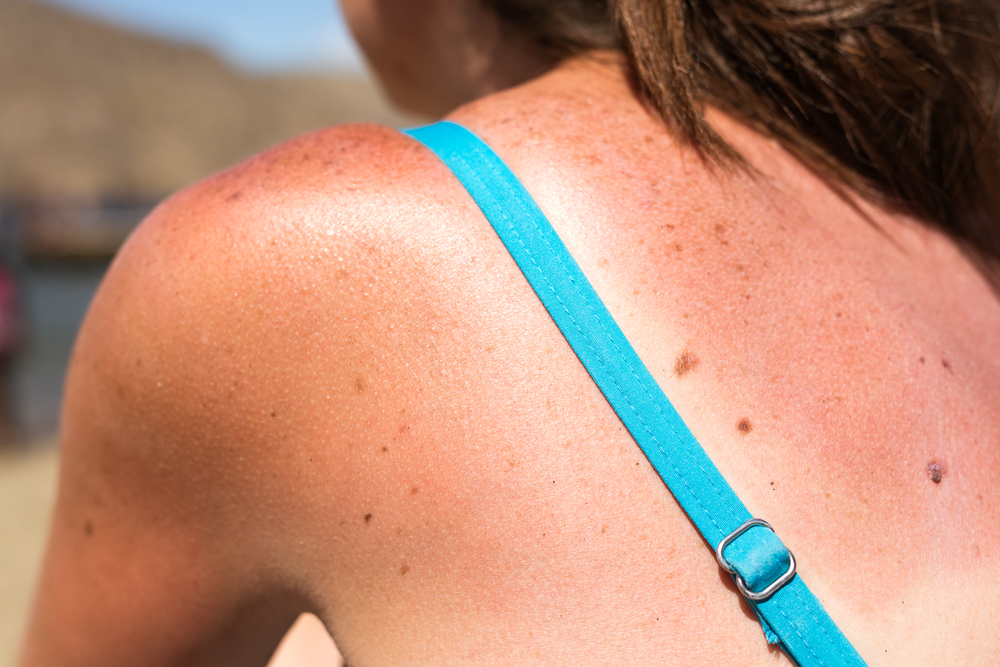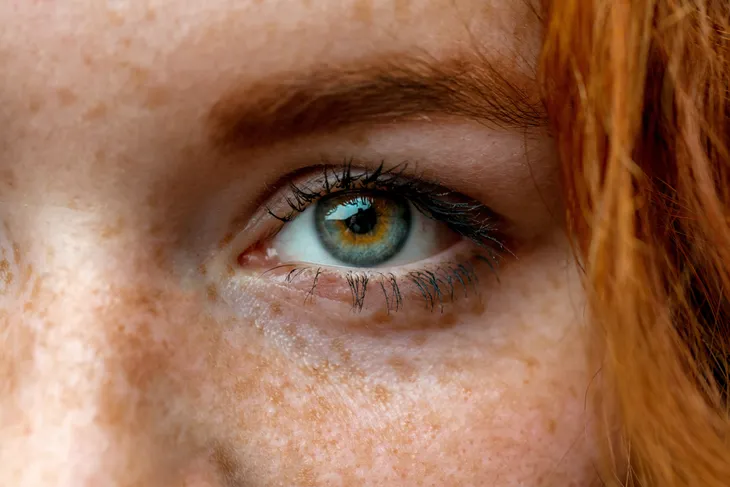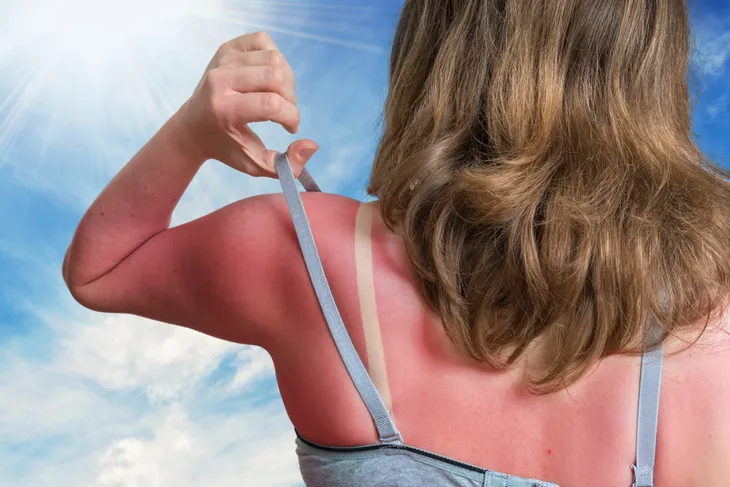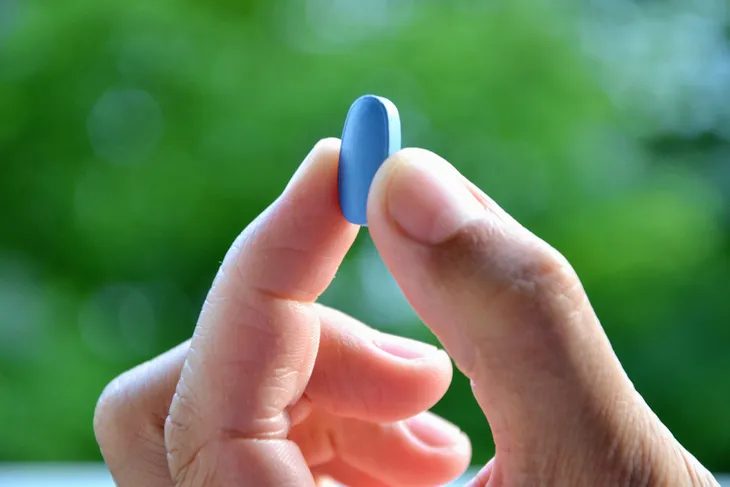When it comes to increasing your risk of skin cancer there are the obvious culprits: sunbathing minus the sunscreen and an addiction to the tanning bed. However, it may surprise you that your chances of developing skin cancer can increase from more than slathering yourself in baby oil and cooking in the sun.
Read on for six shocking factors that can raise your risk of developing skin cancer…
1. Living the Commuter Lifestyle
Do you commute to work daily? Are your car windows treated with UVB reducing tint? If not, you may be at increased risk of developing skin cancer. According to a 2010 study from St. Louis University School of Medicine, there’s good reason why over three-quarters of early stage skin cancers diagnosed in the U.S. are located somewhere on the body’s left hand side.
That’s the arm you dangle out the window or prop up on the window like an arm rest! And while window glass in most North American vehicles is able to efficiently protect against UVB radiation, most car windows aren’t treated to block UVA rays, allowing over 60-percent to penetrate the skin on your dangly left arm. Only front windows block UVAs — the material used gives resistance to shattering.
2. Red Hair, Pale Skin
When it comes to luck of the draw with sun exposure, I’m afraid those of us with lighter hair and skin (particularly redheads with fair complexions) drew the shortest stick. Data from a 2013 study conducted by Boston’s Beth Israel Deaconess Medical Center, has linked the genetic mutation that determines red hair with a higher skin cancer risk.
The study noted individuals with the gene mutation, MC1R-RHC (which is responsible for red colored hair) are also prone to increased melanoma risk when exposed to UV rays. Now, that doesn’t mean your free and clear to go without sunscreen or sun protection if you have darker hair and skin. Always protect yourself with sunscreen, regardless of hair color or complexion.
3. Mountain Living
It turns out all of that clean mountain living ain’t all it’s cracked up to be. New York City-based dermatologist, Dr. Bruce Robinson, says if you live in a mountainous region (i.e, Denver, Colorado), your risk of skin cancer is higher compared to individuals who in sea level cities or towns.
Consider that with elevation, exposure to harmful UV radiation also literally “elevates”! Data from the U.S. Environmental Protection Agency (EPA) shows that inhabitants of cities, like Denver, Colorado, experience 15-percent more melanoma cases compared to the U.S. average because the air is thinner and doesn’t absorb UV waves as efficiently.
4. You’ve Burned and Blistered Before
Research from the Melanoma Research Foundation warns that just one bad sunburn during childhood or adolescence can nearly double one’s chance of developing melanoma later on. The research pays primary attention any sunburn on the delicate skin on your torso, (such as the upper body, trunk, chest, and back) and links it with increased melanoma risk.
The Foundation advises us to apply sunscreen with SPF 30 or higher when enjoying time out in the sun. Be sure to apply sunscreen thoroughly, to the entire body, a shot glass (one ounce) volume is needed in an average adult to get the adequate SPF coverage.
5. Fly, Baby!
Your mode of frequent travel may well impact your risk of developing skin cancer. I guess in a way, flying in an airplane does bring you that much closer to the sun. However, this 2014 study conducted by the University of California, San Francisco, notes that the higher you travel (by air); the higher your chances of developing a melanoma.
In fact, the study found that not only are flight attendants and pilots at increased risk, passengers who frequently travel by air soak up more harmful UV radiation. The study indicated that with every additional 3,000 feet you climb into the air (particularly once you reach airspace above clouds or snowy mountains), you raise your exposure to UV rays by 15-percent.
6. Popping Little Blue Pills?
You’ve likely been prescribed a medication in the past that warned about “increased sun exposure?” Well, the little blue pill, knows as Viagra (or Sildenafil) is one of those medications. So male patients taking the drug should be forwarded that taking this erectile-encouraging medication could increase their risk of melanoma.
According to a 2014 research study conducted by Harvard University, researchers detected a 84-percent increase in melanoma among males taking Viagra. The exact mechanism is unclear; upregulating common mutation for melanoma has been proposed but further investigation is needed to more accurately assess this correlation.









